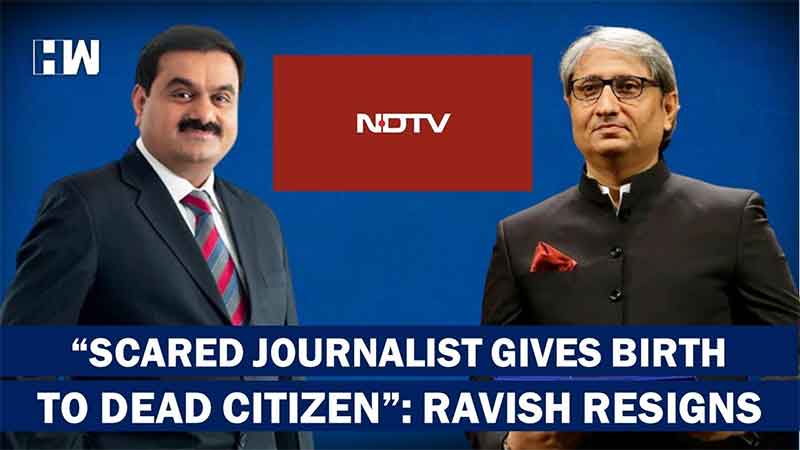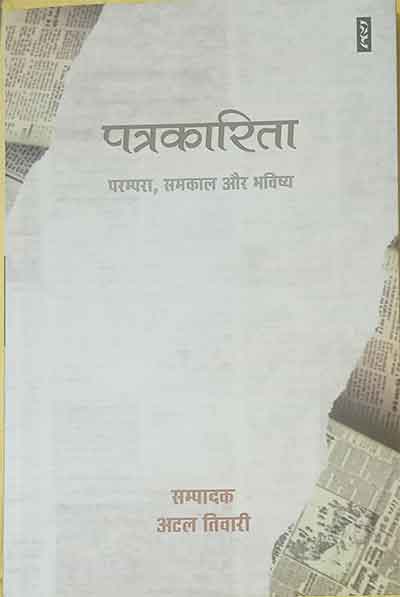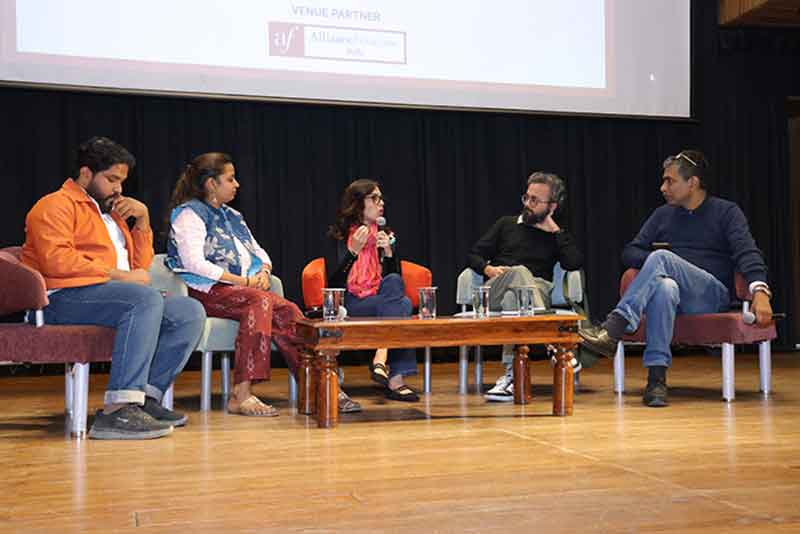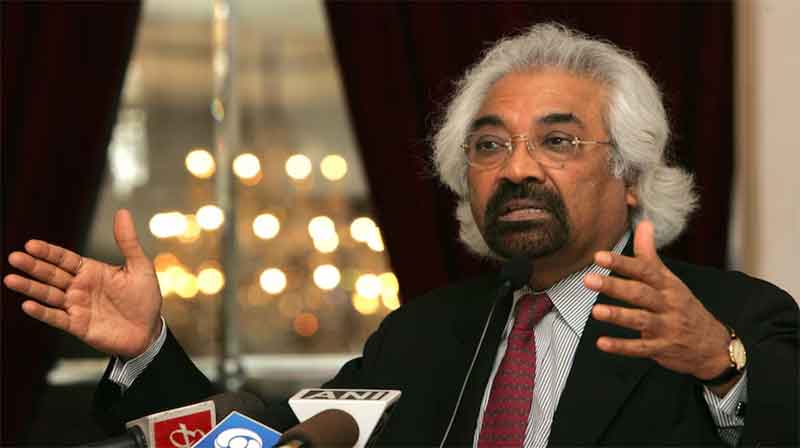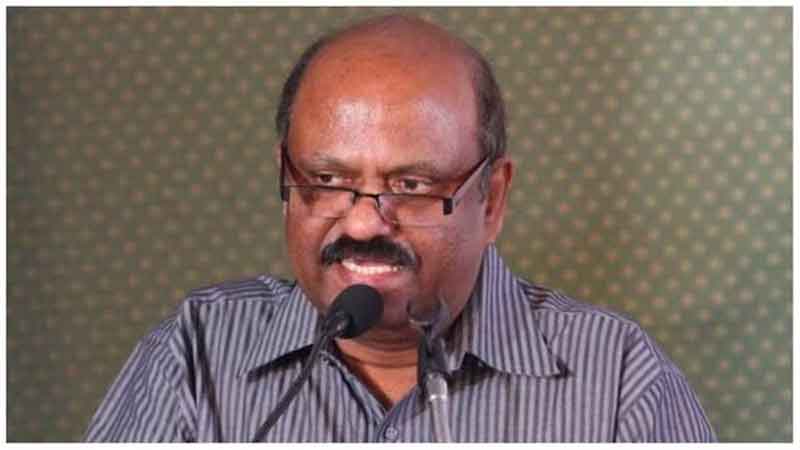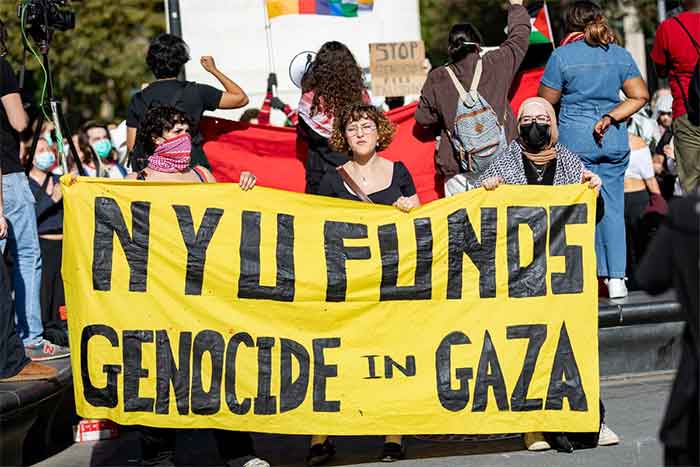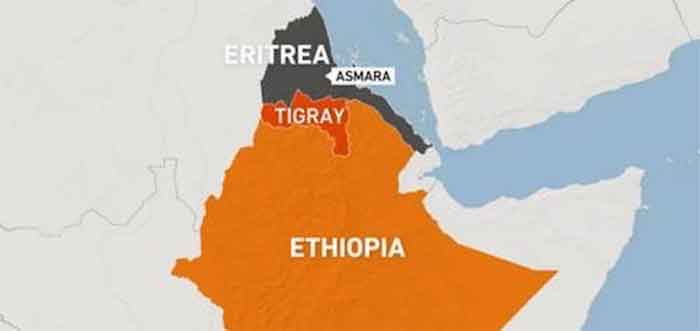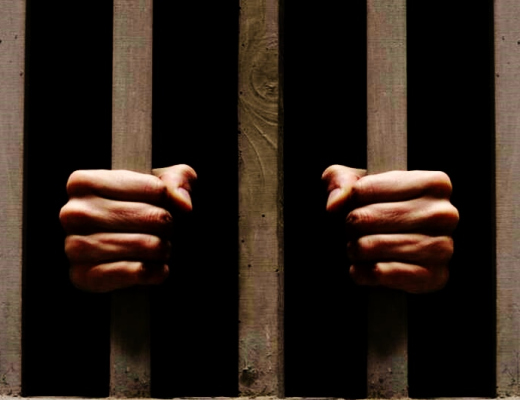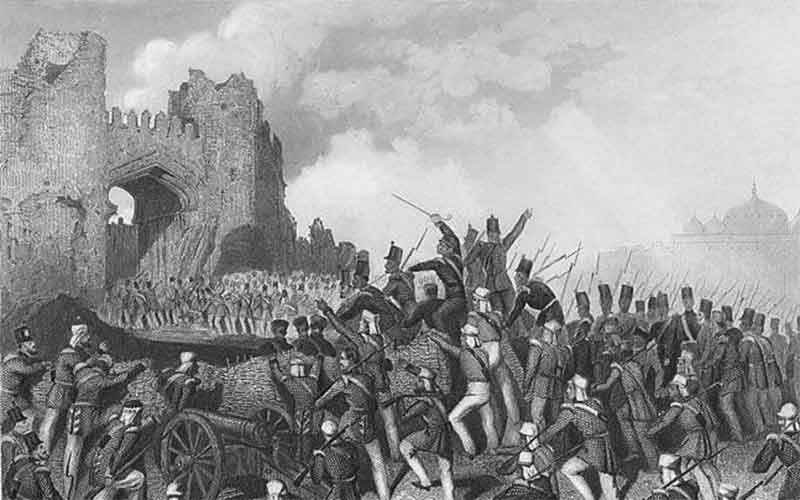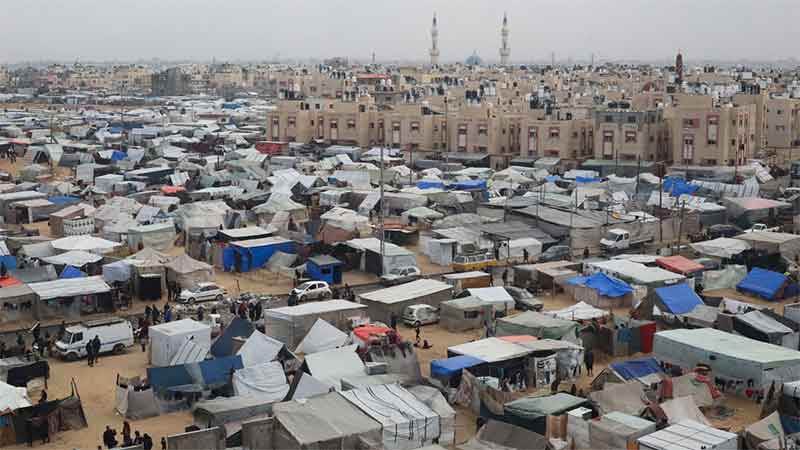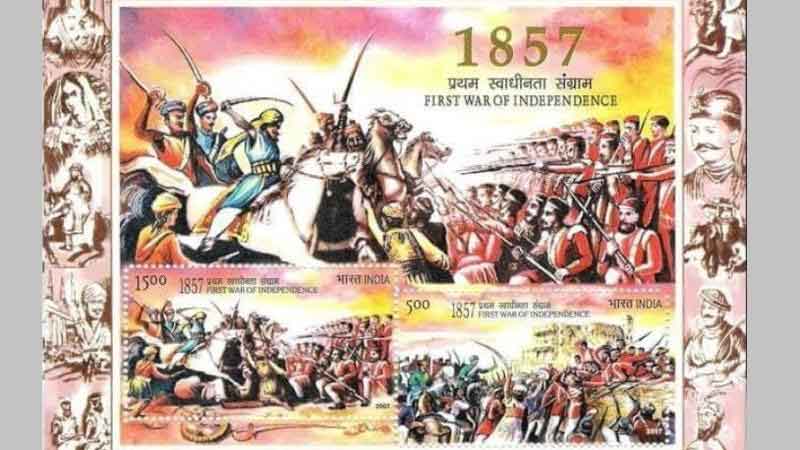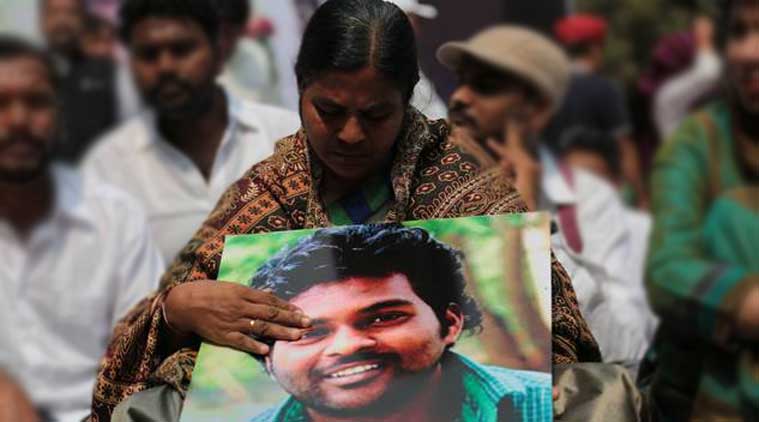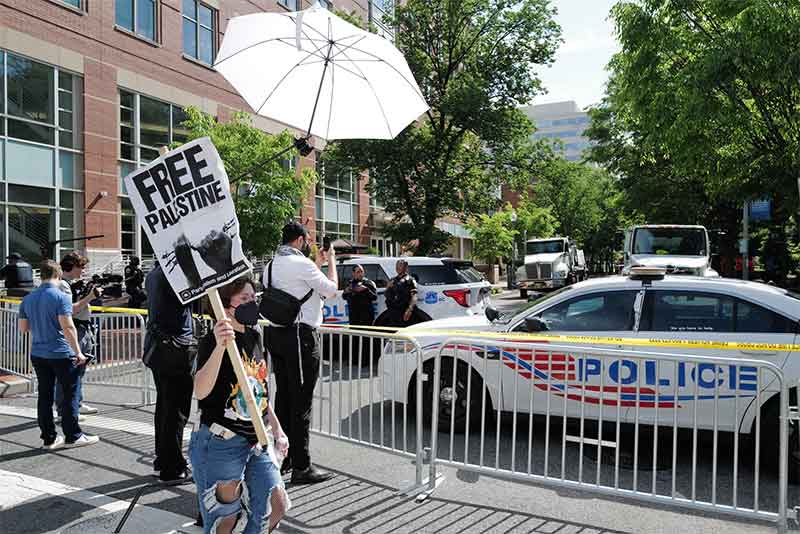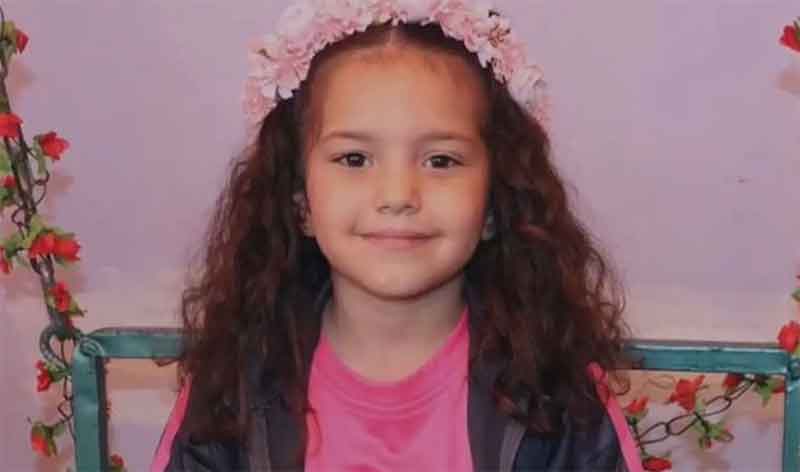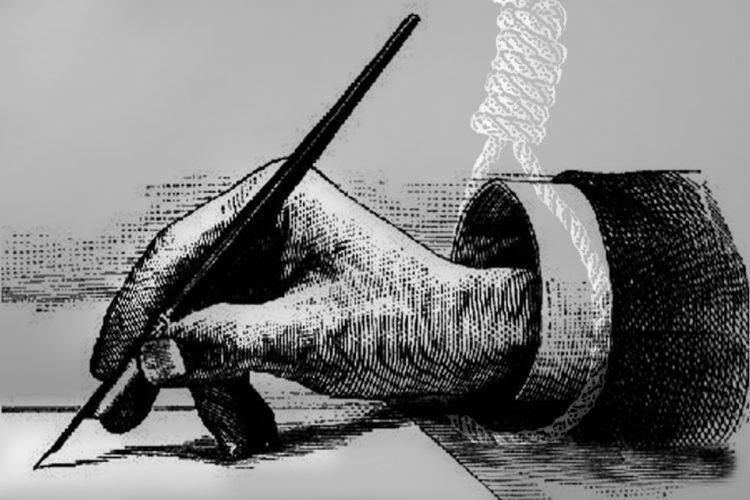
On May 3 World Freedom Day ten international human rights and press freedom organizations (including the Committee to Protect Journalists and PEN America) expressed serious concern at the increasing assaults on journalists and media freedom in recent times. They called upon the Indian authorities to stop targeting journalists and critics, and more particularly to desist from prosecuting them under sedition and/or counterterrorism laws.
This was just one among several several statements to emerge from international media and rights organizations to express concern regarding the fast deteriorating press freedom situation in India, and more specifically regarding the various incidents of assaults on journalists and of placing undue restrictions on several of them. It has been noted that such actions of authorities create conditions in which certain other groups of people also increase their hostility towards critical journalists.
The statements issued by Indian media organizations like the Editors Guild of India and the Delhi Union of Journalists on the increasing threats and hurdles faced by journalists here are much more numerous. Cases of numerous journalists and media organizations who have suffered in the process have also been specifically detailed in these statements.
The Watch of the State (WTS) initiative under the International Polis Project has also collected details of assaults on journalists in India. Its data base revealed that there were 256 incidents of assaults and serious harassment of journalists in India from May 2019 to August 2021.
Cases of arrests and prosecution under widely criticized undemocratic laws, assaults, raids, highly unreasonable restrictions and surveillance have been reported in recent times with frightening regularity. Such harassment by authorities often also exposes the affected journalists to increased trolling, insults, threats and assaults from groups of people very active in such work. Apart from the distress and harm suffered by those who have been specifically targeted, this creates widespread conditions of fear and intimidation in which it becomes difficult for many journalists to perform their professional duties properly. Conditions of great uncertainty are created in which the progress of media organizations which are true to their true professional responsibilities is badly hindered. The emergence of young talent in journalism of courage and truth gets badly discouraged. Free and courageous media which is a lifeline for a robust, genuine democracy increasingly faces adverse and dismal prospects.
While a more difficult and threatening situation is faced these days generally by most critical and dissenting voices in media, some are more vulnerable than others. As media freedom has declined significantly during the last eight years or so, during the same period problems and threats have also increased for minority communities in India, most particularly for the Muslim community. So it is hardly surprising that journalists belonging to minorities as well as those journalists who have been in the forefront of protecting rights of minorities have found themselves in a more vulnerable situation.
As women often have to work under more difficult conditions in Indian journalism due to a number of factors, it is not surprising that critical voices among them have felt more threatened. If a dissenting woman journalist faces double vulnerability, a dissenting woman journalist from a minority community faces triple vulnerability. What is extremely worrying is the alarming extent to which they are targeted on social media, of which several examples have been highlighted in recent times.
In such a situation clearly there is compelling need now for greater solidarity among journalists and related professionals, as also an urgent need for all other democratic forces too to show greater solidarity with threatened journalists. Lawyers and their organizations in particular can play an important role in providing legal aid to journalists who have been arrested, threatened or harassed. Various organizations of journalists should also act with greater unity, forgetting about their smaller differences at least for the time being in this exceptionally difficult and threatening situation.
International concern over this deteriorating situation in India is understandable, also keeping in view the fact that the deterioration in such a large country can add much more to the worldwide decline compared to a similar deterioration in a much smaller country. Hence solidarity of the international community of journalists and media-persons will also be helpful in these difficult times.
Bharat Dogra is Honorary Convener, Campaign to Save Earth Now. He has contributed over 10,000 articles in 50 years of independent writing in English and Hindi. His recent books include a Day in 2071 and Planet in Peril.




